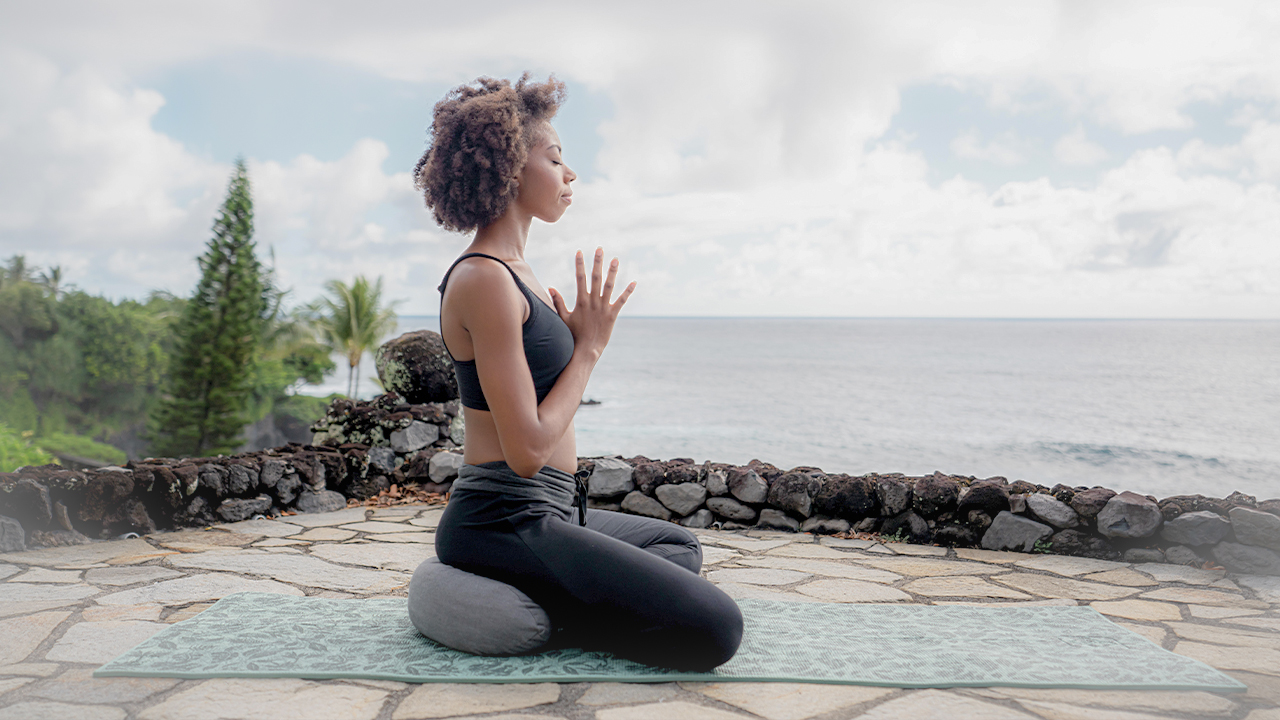What Is Holistic Therapy?
Apr 22, 2025
Sometimes, you feel stressed or unwell, but it's hard to pinpoint the one thing causing it. Maybe your mind is all over the place, your body aches, or you feel "off." That's where holistic therapy comes in.
Holistic therapy is a way of helping people feel better by focusing on the whole person—not just the mind or the body alone, but everything together. That includes your thoughts, emotions, physical health, lifestyle, and spirit or inner peace. At Heights of Health, we offer holistic healing therapies that meet people exactly where they are and help them feel balanced again.
If you've ever wondered what holistic therapy is, you're in the right place. Let's break it down and explore what makes this approach different, helpful, and backed by science.
Why People Turn to Holistic Therapy

People come to holistic therapy for different reasons. Some are tired of only treating symptoms, others want something more natural, and many want to feel better in a lasting way.
It's beneficial if you:
- Have anxiety, stress, or depression.
- Feel burned out or stuck.
- Are you healing from trauma?
- Live with chronic pain or illness.
- Are in recovery from addiction.
- Want to reconnect with yourself?
A 2017 study published in the Journal of Psychosomatic Research found that people who practiced deep breathing (a common holistic therapy technique) had lower stress levels and better focus. Another 2019 study in Complementary Therapies in Medicine showed that mindfulness-based holistic approaches helped teens reduce anxiety and depression.
Holistic Therapy Looks at the Whole You
Unlike regular talk therapy, which focuses primarily on your thoughts and emotions, holistic therapy looks at how everything in your life connects. It asks:
- How are you sleeping?
- Are you moving your body?
- What do you eat?
- Are you holding tension in your muscles?
- Do you feel disconnected or lost?
Holistic therapists believe all these parts of your life affect how you feel. For example, if you're dealing with anxiety, it might not just be "in your head." It could also show up in your stomach, your shoulders, your breathing, or your sleep. Holistic therapy works to ease all of that.
Common Holistic Healing Therapies at Heights of Health

At Heights of Health, we offer a range of holistic healing therapies to support your full well-being—mind, body, and spirit. You can try just one or combine a few, depending on what feels right.
Here are some of the most common therapies we use:
- Bioenergetic Assessment—This noninvasive scan provides a detailed look at how your body is functioning. It helps us understand where stress is stored and what your body needs to rebalance.
- Mindfulness & Breathwork: Learn how to calm your mind, slow your thoughts, and feel more present. We'll guide you through simple breath techniques to help ease anxiety and support your nervous system.
- Neurofeedback – This gentle therapy helps train your brain to work more calmly and clearly. It can support focus, emotional balance, and better sleep.
- Sound and Frequency Therapy – We use healing frequencies and sound tools (like tuning forks) to help your body relax and reset on a deeper level.
- Energy Balancing (Reiki & More) – Our practitioners use hands-on or hands-on techniques to help your body release stuck stress and feel lighter.
- Lifestyle and Nutrition Support – We'll help you make simple changes in what you eat, how you rest, and how you move—so you can feel your best every day.
- Creative Expression – You may be guided through drawing, journaling, or music to help express emotions that words alone can't reach.
Every session at Heights of Health is made to fit you. We combine modern science with natural therapies to support long-lasting healing in a way that feels personal and peaceful.
What Happens in a Holistic Therapy Session?

At Heights of Health, sessions start with a simple conversation. Your therapist or practitioner will ask how you're doing physically, emotionally, mentally, and spiritually. There's no judgment—just listening.
From there, you work together on a plan. You might start with breathwork and light talking, sound therapy, body scans, or energy balancing. The session might be a mix of relaxation, gentle movement, and conversation.
Over time, you'll begin noticing things—your breathing feels easier, your thoughts are less scattered, your body is more relaxed, and maybe you sleep better.
Benefits You Might Notice
People often report:
- Less tension and stress.
- Clearer thinking.
- Better sleep.
- Feeling more calm and centered.
- Emotional healing.
- More energy.
- A more profound sense of connection with themselves.
One great thing about holistic therapy is that you don't have to wait until things get bad to start. It works as both support and prevention.
Final Thoughts
Holistic therapy doesn't just focus on one problem—it supports all of you. Your body, your emotions, your spirit, and your daily life all matter. This approach can feel calm and gentle or go deep and strong, depending on what you need. For many people, it's the kind of care they didn't even realize they were missing. If you're tired of quick fixes or one-size solutions, holistic therapy offers real, personal care that fits you.
Ready to Try Holistic Therapy?
Let’s discuss how holistic therapy at Heights of Health can support you. Whether you're dealing with stress or trauma or just want more peace, we’re here to help.
Contact us and schedule a session today!
FAQs
Is holistic therapy just talk therapy with extra steps?
Not really. It includes talk therapy and focuses on your body, energy, breathing, and lifestyle.
Can it help with physical pain?
Yes. Holistic healing therapies like acupuncture, reiki, or gentle movement often help people feel better when they live with chronic pain.
How do I know if it's right for me?
If you want to feel better in a full-body way—not just in your mind—it's probably a good fit.
Do I need to believe in energy healing for it to work?
Not at all. Just bring an open mind. The results often speak for themselves.
Can it work alongside my doctor's treatment?
Yes. Holistic therapy can be a supportive add-on to traditional care.


